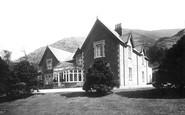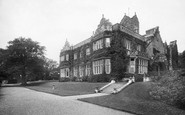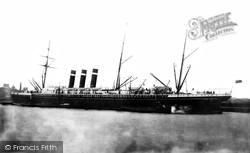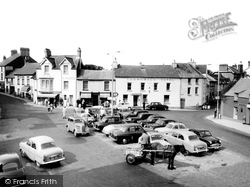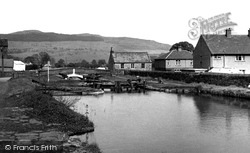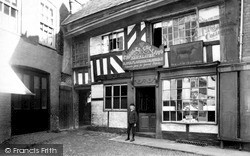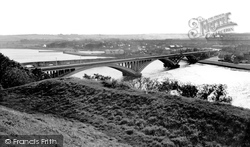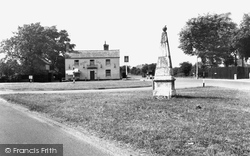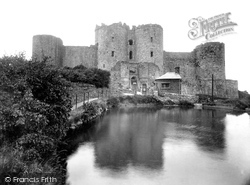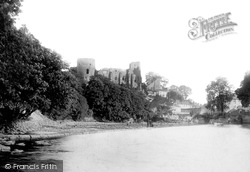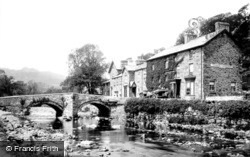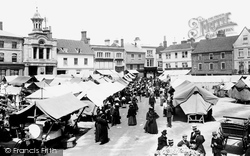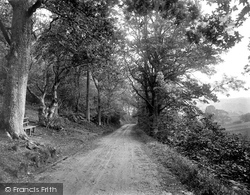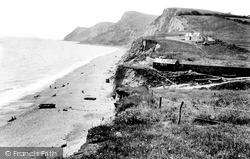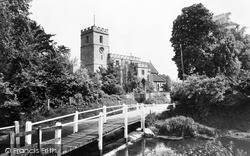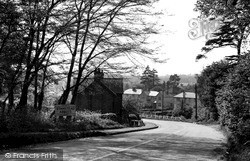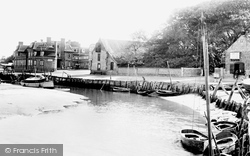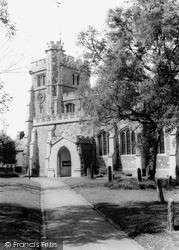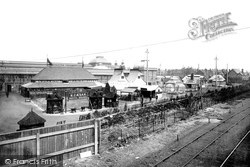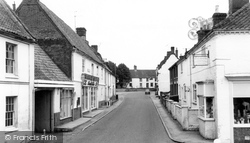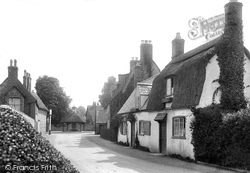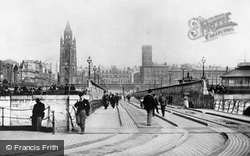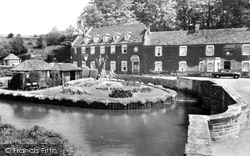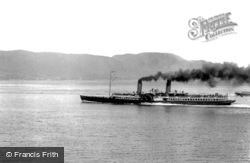Places
Sorry, no places were found that related to your search.
Photos
Sorry, no photos were found that related to your search.
Maps
Sorry, no maps were found that related to your search.
Books
Sorry, no books were found that related to your search.
Memories
3,644 memories found. Showing results 421 to 430.
Wrexham Dairies
Does anyone remember the dairy in Pandy? It was Wrexham Dairies . I used to help out on the milk float that used to do the Rhosrobin run, also Gwersyllt. The woman who used to drive it was Joyce and on a ...Read more
A memory of Pandy in 1960 by
Love That Place!
Born at Petersfield in 1940, my first home was Berry Cottage, down Sandy Lane, opposite Sibley's farm. Berry cottage had only 4 rooms (2 up and 2 down), no running water, only a well and later a tap down in the lane. I remember ...Read more
A memory of Rake Firs in 1940 by
Great Horton
Our family lived in Lidget Green, near the Great Horton railway station. I was born in 1949 near Bradford (Wakefield), and lived in Lidget Green from toddlerhood until we emigrated in 1960. The neighborhood provided many memories ...Read more
A memory of Bradford in 1959 by
Auntie Lena
I went to Plas in the 1960s and have fabulous memories of the wonderful holidays and all the fun things that happened, the outings, the trips to Carnaerfon, the tricks we played and of course our wonderful Auntie Lena who actually ...Read more
A memory of Betws Garmon in 1969 by
My Home Area
Although I was born in Princetown I spent endless hours and days in Tafarnaubach. I was brought up in the area and my closest friends all lived in Princetown or Tafaneu. Friends like Ken Woods, Graham Davies, Denis Francis, Alun ...Read more
A memory of Tafarnaubach in 1948 by
Colerne In The Second World War Continued
Those of us at Colerne school who passed our 'scholarship' exam at the age of about eleven usually went on to Chippenham Secondary School, which probably goes under a different name now: it's at ...Read more
A memory of Colerne in 1940 by
1962/63 Best Time Of My Childhood
I can't believe this, amazing even if the names are coincidence, I was at Warnham Court 1962-63, I can remember lots of names: Roy Riggs, with his 'German' dictionary. June Palmer. John Thorp, we ...Read more
A memory of Warnham Court School in 1962 by
Pontnewydd Church School
As I remember, the discipline there was tough, but at least you knew right from wrong and if you did something wrong you could expect punishment - nearly always the cane. We all had to attend the church for assembly ...Read more
A memory of Pontnewydd in 1940 by
Events On The Hill
I have left the year of these incidents because they were on going throughout my childhood. The first concerns Dr Clinch's dog. Dr Clinch lived at the top of Penygarn Hill. He was a large man with a gruff exterior, I believe he ...Read more
A memory of Penygarn by
Margaret Sewell Girls Selective School Carlisle
A cousin of mine, Winifred Dogherty, was appointed Head of this school in 1933 and I believe stayed there until her death in 1952. She lived at 3 Beech Grove North, Stanwix. Some of her family joined ...Read more
A memory of Stanwix in 1930 by
Captions
1,151 captions found. Showing results 1,009 to 1,032.
By the late 1870s, the line was facing tough competition from Cunard, White Star, Dominion, and the Guion Line; Inman's problems were further compounded in 1881 with the loss of the 'City of Brussels
There is no car parking today, but a busy road junction with a cannon in the centre.
An aqueduct carries the canal over the river, the main road crosses over the canal and a railway runs over the road.
A carved inscription above the left-hand lower window reads 'Love God WB 1577 RD Honor Kinge'.
The 1405ft long concrete four-span Royal Tweed Bridge, designed by L G Mouchel & Partners, was built in 1925-28 to take traffic off the old stone bridge that still stands nearby.
A few hundred yards along the present B1514 road past the turning to Pepys House, the road forks at the roundabout where the main road runs eastwards towards the A14 and the left road takes us
Additional protection was given to the eastern and southern flanks of Harlech by a deep ditch. Entry to the castle was by way of the twin-towered main gatehouse on the eastern side.
The castle dominates the town.
The garage on the left has been replaced by two houses, but almost fifty years later, the post office still sports its black exposed timber on white rendering.
The small stone village of Beddgelert stands at the confluence of the Colwyn and Glaslyn rivers. It sits in the shadow of Snowdon, and is a favourite tourist spot.
This photograph shows how the traffic used to run diagonally across the Market Place.
This became the main park for Minehead in 1924 following private donations towards a scheme for the conversion of 6 acres of meadows.
This view shows Eype Mouth, looking westwards to what is now a National Trust skyline, with Ridge Cliff and Doghouse Hill rising into the 508-feet summit of Thorncombe Beacon (centre).
The River Beane runs close to the church, and is liable to heavy flooding.
Running downhill into Stanstead Abbots from the north-east, Cats Hill presents a formidable hazard to modern motorists. It was not so in the 1960s, without a vehicle in view.
Trading from its port ended in 1922, and this heralded the start of Blakeney as a tourist centre, specialising in boating, fishing, walking, painting, bird-watching and nature study.
It is thought that there has been a building on the site of the church since Roman times.
The small stone village of Beddgelert stands at the confluence of the Colwyn and Glaslyn rivers. It sits in the shadow of Snowdon, and is a favourite tourist spot.
This photograph shows the part of the Jubilee Exhibition of 1887 that was situated between Talbot Road and the railway.
In its heyday this was a huge village with shops of every description and five prosperous inns; there was even a beer house run by Matthew Austin.
The name Houghton, always pronounced `Hoe`ton`, has its origins in Saxon times, although there is evidence that there was a settlement here before the Roman period.
Our photographer is standing on the Prince's Landing Stage, looking up the floating road towards St Nicholas' Place and the church of Our Lady and St Nicholas at the top.
William Morris described Bibury as the most beautiful village in England, and it has charmed visitors throughout the ages with its quintessential Cotswold character and composition.
Launched on 11 April 1878, the Clyde paddler 'Columba' was the last vessel built for David Hutchinson & Co; the firm changed its name to David Macbrayne the following year.
Places (0)
Photos (0)
Memories (3644)
Books (0)
Maps (0)

